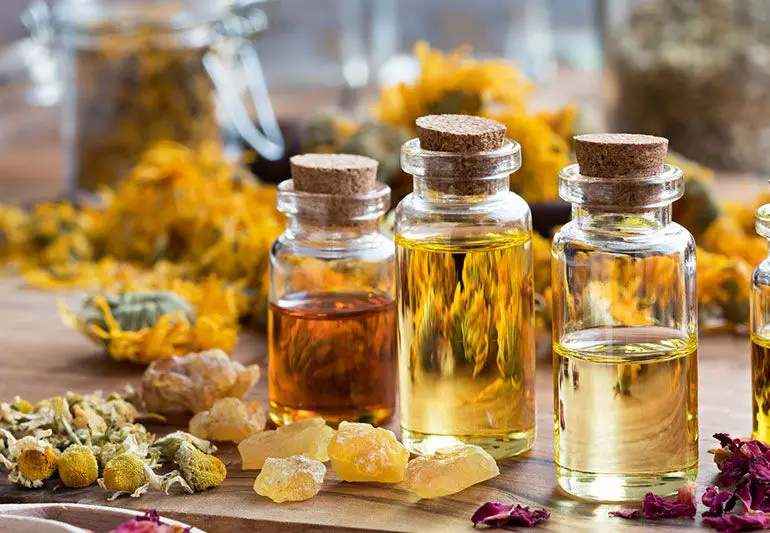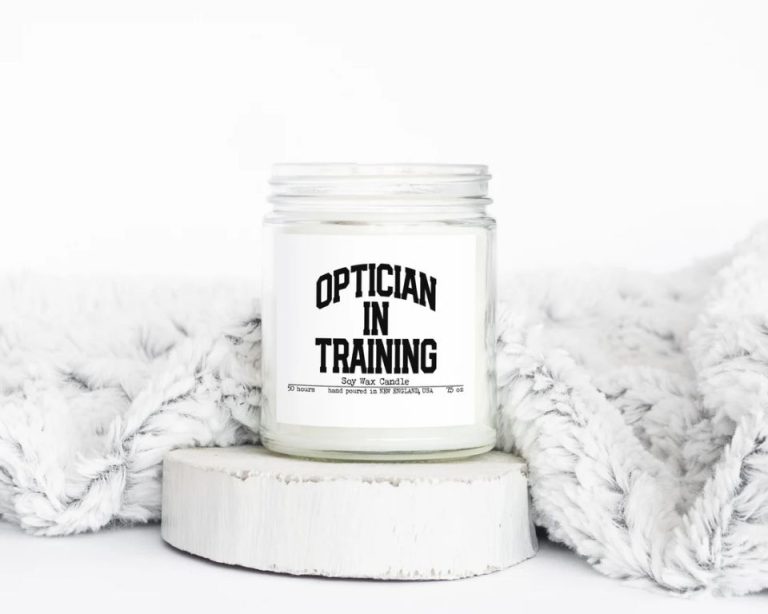Is Burning Essential Oils Safe?
Essential oils are aromatic compounds extracted from plants that have been used for centuries for their therapeutic benefits. They are commonly used in aromatherapy and personal care products for their health-promoting properties. Popular uses of essential oils include diffusing them for mood enhancement, applying them topically for skin benefits, and using them as natural remedies for conditions like headaches or insomnia.
While essential oils can provide benefits when used properly, there are some safety concerns around inhaling them, particularly at high concentrations. Some essential oils can irritate the lungs and airways when inhaled, especially for those with respiratory issues like asthma. There is also limited research on the long-term effects of inhaling essential oils.
This article will provide an overview of the safe use of essential oils. Topics covered include the benefits of essential oils, potential risks of inhaling them, safety precautions to take, choosing high quality oils, different diffusion methods, signs of sensitivity, special considerations, common myths, and key takeaways.
Benefits of Essential Oils
Essential oils have been used for centuries in aromatherapy for their many therapeutic benefits. Some of the top documented benefits of essential oils include:
Stress Relief – Certain essential oils like lavender, chamomile, and ylang ylang are known for their calming and relaxing effects which can aid in relieving anxiety, depression, and stress.
Mood Enhancement – Uplifting scents like lemon, grapefruit, and jasmine can help boost mood, energy, and focus.
Improved Sleep – Essential oils like lavender and chamomile have sedative properties that can promote better sleep.
Pain Relief – Peppermint, clove, and eucalyptus oils have natural analgesic effects for relieving headaches, muscle pain, and arthritis.
Congestion Relief – Eucalyptus, peppermint, and tea tree oils can help open airways and relieve sinus congestion.
Specific oils like lavender, peppermint, and eucalyptus have extensive research behind their benefits:
– Lavender is known for its calming, sedative, and pain relieving properties.
– Peppermint provides an energizing menthol scent that aids concentration and headaches.
– Eucalyptus clears airways and congestion with its expectorant effects.
Potential Risks of Inhaling Essential Oils
Inhaling essential oils directly can sometimes lead to adverse effects, especially in sensitive individuals. Pure essential oils are highly concentrated and potent.
Potential risks of inhaling essential oils include:
- Irritation of the lungs, resulting in coughing, headaches, nausea and other symptoms (Healthy WA).
- Exacerbation of asthma and pre-existing respiratory conditions (American Lung Association).
- Toxicity when inhaled at very high concentrations over long periods (Healthline).
- Interactions with medications, leading to increased or decreased effectiveness (American Lung Association).
People with asthma, allergies, or sensitivities should exercise extra caution and consult their doctor before inhaling oils directly. Always use essential oils according to the manufacturer’s instructions.
Safety Precautions
When using essential oils, it’s important to take proper safety precautions. Proper ventilation is critical – open windows, use fans, or diffuse oils for shorter periods of time. Avoid burning oils for long periods, as this can lead to too much inhalation. It’s best not to directly inhale from the bottle. Before diffusing, it’s recommended to dilute the oils in a carrier oil to avoid irritation (source). Do research on an oil’s safety before using, as some can be toxic or irritants. Pregnant women and people with health conditions should consult their doctor before using oils.
Choosing High Quality Oils
When choosing essential oils, it is crucial to select 100% pure therapeutic grade oils. Synthetic fragrances or oils diluted with carrier oils or solvents can irritate the airways or skin when diffused or applied topically https://www.rockymountainoils.com/.

Reputable essential oil companies like Rocky Mountain Oils and Plant Therapy test oils for purity and provide gas chromatography reports. They also source oils ethically and sustainably. Always check for third party testing before purchasing https://www.planttherapy.com/collections/organic.
Proper storage is also key. Light, heat, and oxygen can damage essential oils over time. Store them in dark glass bottles, away from direct sunlight and heat sources. Refrigeration can help extend shelf life for up to 1-2 years.
Methods of Diffusion
There are two main methods of diffusing essential oils: heat diffusers and nebulizers. Heat diffusers, like candle or lamp diffusers, use heat to warm the oil and disperse its aroma. Nebulizers, like ultrasonic or humidifying diffusers, use cold water and air pressure to turn the oils into a fine mist.
Nebulizers are generally considered safer for diffusion than heat diffusers. According to the Tisserand Institute, “Cold air diffusion is preferable to heat, particularly for pessoas with respiratory issues.” Heating oils can change their chemistry and lead to the release of unstable molecules that may cause skin or respiratory irritation.
There are also differences in direct inhalation versus ambient diffusion. Direct inhalation involves breathing in the oils very closely, such as from an inhaler or diffuser held near your face. Ambient diffusion disperses the oils into a room’s air so you passively inhale as you breathe normally. Direct inhalation provides greater intensity and faster effects, but ambient diffusion is slower and gentler.
Proper diffusion times and room size should also be considered for safety. The Tisserand Institute recommends diffusing for 30-60 minutes maximum at a time, with at least a 30 minute break before diffusing again. Operating diffusers for too long or in too small of a room can lead to excessive oil buildup in the air.
Overall, ultrasonic and cool mist nebulizers used for shorter ambient diffusion times in properly sized rooms provide the safest method of enjoying essential oils.
Signs of Sensitivity
Some people may experience adverse reactions when exposed to essential oils, especially at high concentrations. Signs of sensitivity can include:
– Coughing, nasal irritation, sneezing, headache – essential oils released in the air through diffusers can cause respiratory irritation for some. This is most common with stronger oils like eucalyptus, peppermint, and lemon. Diluting oils and diffusing for shorter periods can help reduce risk. (Source)
– Exacerbation of asthma, allergies – the strong scent of essential oils can worsen allergy and asthma symptoms in sensitive individuals. It’s best to avoid diffusing oils if you have respiratory conditions. (Source)
– Rash, nausea, vomiting, diarrhea – topical exposure to oils can cause skin irritation, rashes, hives and other dermatitis symptoms in allergic individuals. Ingesting some oils can also cause GI upset. Stop using any oil that causes these symptoms. (Source)
If any symptoms develop, stop using the oil immediately. Seek medical help for severe reactions like trouble breathing, chest tightness, or swelling of the lips, face or throat which may signal anaphylaxis. Reduce exposure by diffusing for shorter periods, ventilating rooms, and diluting oils as needed.
Special Considerations
Certain populations need to exercise caution when using essential oils, including:
Pregnant and breastfeeding women – Essential oils like rosemary, sage, and peppermint are not recommended during pregnancy as they can stimulate uterine contractions or blood flow. It’s best to consult your doctor before use. While nursing, oils can enter breastmilk so use topically with care and avoid extended inhalation.
Children – Children have delicate skin and respiratory systems so dilute oils well and avoid diffusing for extended periods. Many experts recommend avoiding some oils like eucalyptus before age 6. Never apply undiluted oils on children.
Elderly – The elderly may have sensitivities to essential oils so dilute well and discontinue use if any irritation occurs. Avoid oils that reduce blood pressure or increase sun sensitivity.
Medication interactions – Essential oils can potentially interact with medications for diabetes, high blood pressure, antidepressants, and sedative medications. Speak to your doctor before use if you take any prescriptions.
Mythbusting
There are several common myths and misconceptions around the safety of essential oils that need to be debunked with facts. Some multi-level marketing companies promote unsafe usage of essential oils, claiming “the purer the better” when undiluted.1 However, many reputable sources agree essential oils can cause skin and respiratory irritation or allergic reactions if used undiluted, despite being natural.23 Another myth is that all essential oils are safe for children and pets when properly diluted, yet some oils like wintergreen are toxic and should be avoided entirely.
There is also controversy around fillers and adulterants added to some essential oils sold at low prices. GC/MS testing can identify purity, though testing reports may be falsified. Reputable brands disclose their sourcing and provide reports from independent labs. Overall, doing research on a company’s ethical practices is advisable when determining which essential oils to buy and use safely.
Conclusion
In summary, burning essential oils can be safe with proper precautions, but there are some risks to be aware of. Key takeaways include:
- Always follow usage guidelines and never exceed the recommended amount per diffuser or room size. Overexposure can cause issues like headaches, nausea, and respiratory irritation.
- Pay attention to any signs of sensitivity or adverse effects, and stop using an oil if you experience discomfort.
- Choose high quality, pure oils from reputable brands. Adulterated or synthetic oils are more likely to cause reactions.
- Certain groups like children, pregnant women, and people with respiratory issues need extra care with essential oils.
- Proper ventilation is key – never diffuse for prolonged periods in unventilated areas.
- Consider talking to a doctor before using essential oils if you have any medical concerns.
With responsible and informed use, burning essential oils can be an enjoyable experience. But be vigilant about potential risks, and consult a medical professional if any issues arise.



